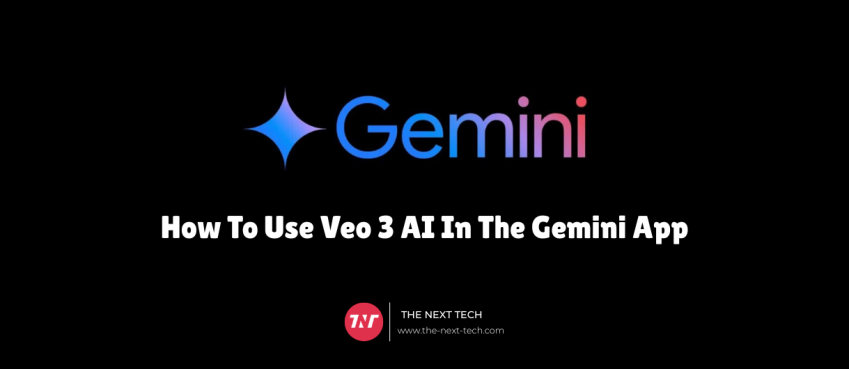
If you’ve been at college for some time or are just a freshman, you’ve probably heard the words “college app” being thrown around. However, these words can mean a few different things, possibly confusing for anyone who hasn’t had experience with them. So, what do these apps represent?
This article will explain what mobile apps for universities and colleges represent and what you can use them for if you’re a student. So, let’s dig right in.
Campus Apps: Basics
As the name implies, these are mobile applications used at universities and colleges for easier navigation around campus. Students can use these like any other regular apps and install them on their smartphones, tablets, or even laptops. However, many campuses also offer dedicated websites.
These apps represent a blended experience that students and faculty members can use for different purposes. What makes them stand out is the unique personalization that every student can experience. What does that mean? Namely, the campusM mobile app for universities and colleges offers a practical student experience. This helps students have a more engaging interaction with their classmates and professors.
What makes these apps stand out is their intuitive user interface. Thanks to such straightforward access to online resources and help, students can focus on other, more important things.
Also read: [10 BEST] AI Influencer Generator Apps Trending Right NowWhat Can the Students Gain From These Apps?
Not only can the students be on the go and get instant access to all the most important school-related subjects, but they can also enjoy more flexibility than before. As all the information is focused online, students can use only one platform to take care of numerous things. For example, they can access resources and opportunities they would typically have to get at various on-campus or off-campus locations.
What’s more, the apps are specifically tailored to the needs and preferences of each student. That means each app is unique, and each student gets a personalized experience. This is a perfect solution as not all students share the same interests and classes or have the same mentors, teacher aides, or similar.
On top of that, campus apps can help students connect and maintain social relationships with their peers, even via online platforms. Many apps use group actions to link students with similar interests, find shared passions, and more.
How Does the Faculty Benefit?
Maintaining a meaningful relationship between students and college faculty is crucial to fostering a healthy educational environment. For more detailed information about that, read this article. Luckily, campus apps benefit both parties, with the faculty receiving much-needed feedback from the students.
Moreover, professors, mentors, and other faculty members can track their students’ engagement and activity on these apps, allowing them to formulate an informed opinion. This means that your mentor can provide insight into your work, or your professor can keep track of your attendance. This is an excellent way for faculty members to identify and support struggling students who have trouble speaking up about it.
There’s more — students can benefit from online materials that professors put up, as well as seminars, webinars, lectures, and similar. This gives both parties more flexibility when creating their class syllabuses and keeping up with them.
Final Thoughts
As you can see, mobile apps for universities and colleges have plenty of advantages for students and faculty members. The unique student-centered experience allows students to optimize their learning and campus activities. At the same time, faculty members can stay on top of their students and help them navigate their school work and college-related tasks. All in all, campus apps come with many positive traits that you should take advantage of, whether you’re a student or a university employee.
Top 10 News
-
01
Top 10 Deep Learning Multimodal Models & Their Uses
Tuesday August 12, 2025
-
02
10 Google AI Mode Facts That Every SEOs Should Know (And Wha...
Friday July 4, 2025
-
03
Top 10 visionOS 26 Features & Announcement (With Video)
Thursday June 12, 2025
-
04
Top 10 Veo 3 AI Video Generators in 2025 (Compared & Te...
Tuesday June 10, 2025
-
05
Top 10 AI GPUs That Can Increase Work Productivity By 30% (W...
Wednesday May 28, 2025
-
06
[10 BEST] AI Influencer Generator Apps Trending Right Now
Monday March 17, 2025
-
07
The 10 Best Companies Providing Electric Fencing For Busines...
Tuesday March 11, 2025
-
08
Top 10 Social Security Fairness Act Benefits In 2025
Wednesday March 5, 2025
-
09
Top 10 AI Infrastructure Companies In The World
Tuesday February 11, 2025
-
10
What Are Top 10 Blood Thinners To Minimize Heart Disease?
Wednesday January 22, 2025







